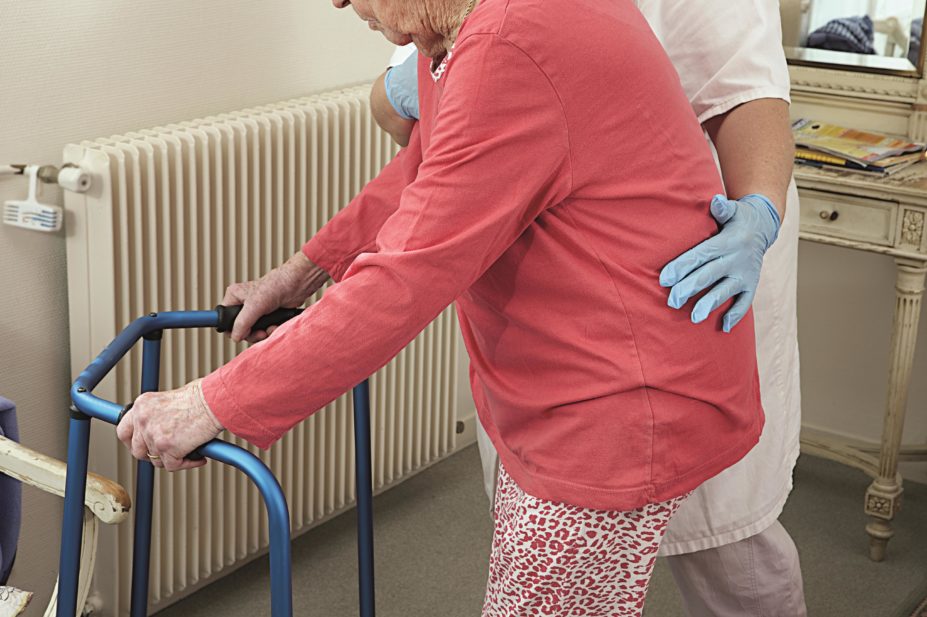
Shutterstock.com
Enhanced health in care homes can be achieved by close co-ordination between care homes and the range of health services required to meet the needs of their elderly residents, but there is no one-size-fits-all solution, a report from think tank the King’s Fund says.
Regular visits from other health professionals such as GPs can help actively promote good health to prevent situations where services react to ill health, it emphasises.
The report also says that achieving better health in care homes is often about removing inequalities in accessing the range of NHS services that care home residents need. This can be achieved as part of the wider move towards more integrated and co-ordinated local systems of care.
The report, which does not mention pharmacists, is based on interviews with people in 15 areas around England that have demonstrated progress in developing enhanced health in care homes. It found that there was no single set of actions that would achieve enhanced health in care homes.
“Approaches need to be tailored to the unique context of each care home and its residents’ needs,” the report says.
NHS England’s framework
NHS England published an overall framework for enhanced health in care homes in September 2016, which covered seven core elements within which local services can develop their own detailed approaches.
These cover: enhanced primary care support; multidisciplinary team support; a focus on reablement and rehabilitation; high-quality end-of-life and dementia care; joined-up commissioning of health and social care; workforce development; and data sharing.
In 2016 Keith Ridge, chief pharmaceutical officer for NHS England, backed calls from the Royal Pharmaceutical Society for pharmacists to be given full responsibility for medicines and their use within care homes to improve care, reduce NHS medicines waste and save the NHS money.
Funding for a scheme to boost pharmacists’ involvement with care homes was expected to come from the Pharmacy Integration Fund, but pharmacy minister Steve Brine admitted in November 2017 that he could only confirm that £2m of the fund’s promised £42m spending for 2016–2018 had been spent. No pharmacist care home scheme has been announced.
Asked if there were plans for a scheme to embed pharmacy more closely into care homes, the Department of Health said it was a matter for NHS England, which did not respond to questions.


